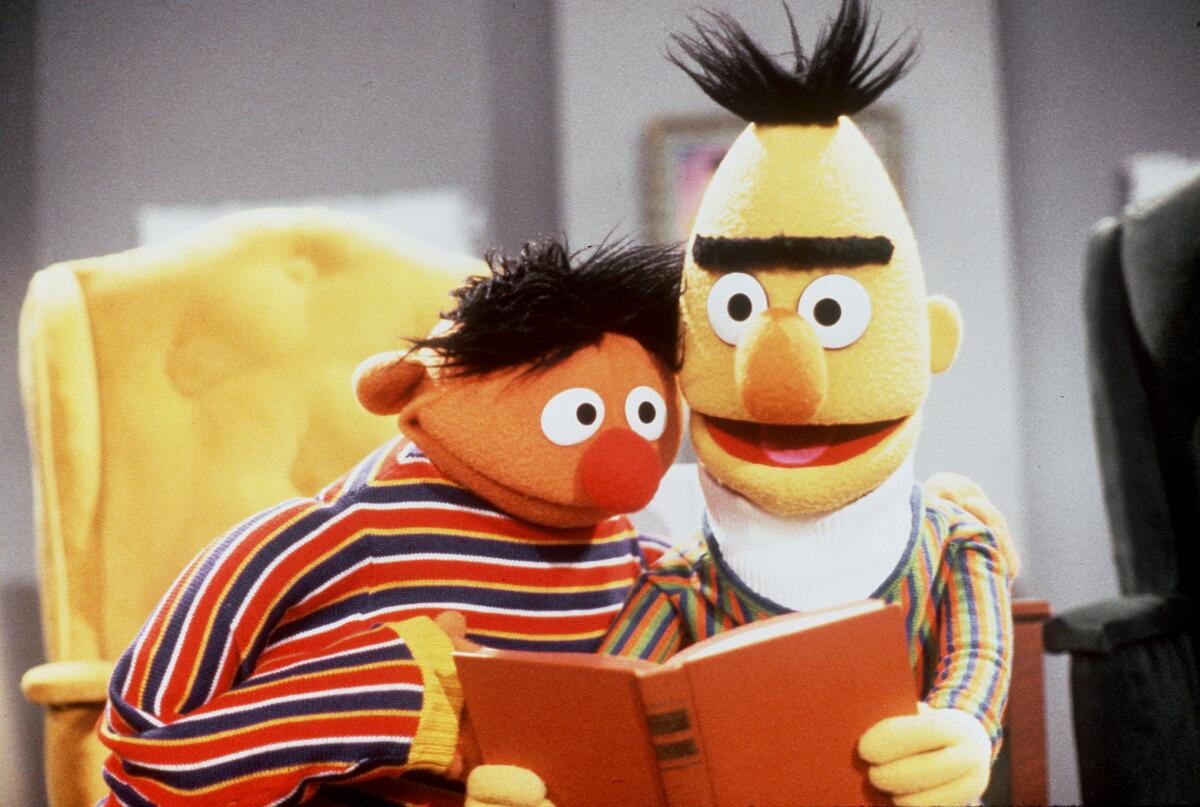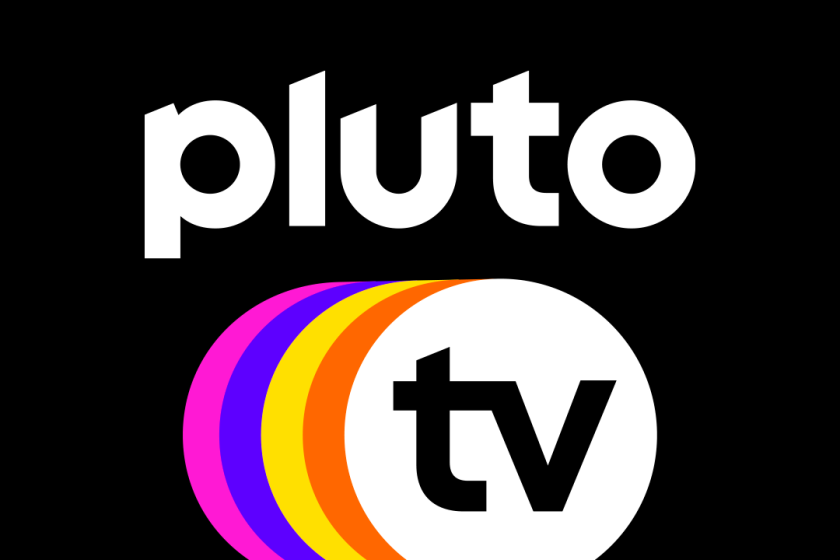Why some of your favorite shows have disappeared from HBO Max

- Share via
Viewers have come to see streaming as an endless bounty of programming choices that are available in perpetuity.
But Warner Bros. Discovery, the new parent of streaming service HBO Max, is demonstrating that there are limits. The company that acquired WarnerMedia has removed 36 series and movies from the streaming site.
The moves come as the company looks to reduce costs by $3 billion after the merger of WarnerMedia and Discovery.
CEO David Zaslav recently announced plans to combine HBO Max and Discovery+ into one streaming offering, beginning next summer.
While it’s not unusual for licensed TV shows and movies to leave a streaming service after a contract is up, 20 of the removed shows were developed and created for HBO Max and were expected to have a home on the site for an extended period. (HBO Max launched in May 2020.) The bulk of the removed programs are animated series and programs aimed at children and tweens.
The purge comes a month after HBO Max pulled several of its less popular scripted series including “Camping,” “Mrs. Fletcher,” “Here and Now” and “Vinyl.”
The moves are generating blowback in Hollywood’s creative community and will probably rankle some subscribers who were watching the shows.
After axing ‘Batgirl’ and removing a number of film and TV titles from HBO Max, Warner Bros. Discovery is shrinking its ‘Sesame Street’ library.
So why is Warner Bros. Discovery making this move now?
By removing the series and films, the company expects to save $100 million annually. Along with Warner Bros. Discovery’s need to reduce debt, media companies with streaming services are up against an unforgiving Wall Street, which wants to see a path to profitability.
Subscriber growth has long been the measurement of success for streaming services (HBO Max and HBO had a combined 76.8 million subscribers at the end of the first quarter, making it one of the more formidable competitors to Netflix and Disney+).
But now financial analysts are scrutinizing programming costs, which have escalated rapidly as companies rushed into the changing TV distribution technology. This decision will help reduce those costs for Warner Bros. Discovery. The company recently cut 70 staff positions at HBO Max, and has killed a number of expensive projects such as the J.J. Abrams series “Demimonde,” and pre-merger initiatives at WarnerMedia such as CNN’s streaming service.
What was the criteria used to determined which shows were removed?
The same criteria that’s been used for decades — shows that weren’t getting a substantial audience got the ax. A similar purge has occurred at Discovery+, the streaming service launched by Discovery Inc. before the merger. Actually, more shows have been removed from Discovery+ than HBO Max, but the latter has a much higher profile in the industry, and therefore is getting far more attention.
Free, ad-supported streaming TV services are growing fast and expected to command significantly more advertising dollars this year.
Doesn’t HBO own most of its shows? Why can’t it keep those titles around for viewers who still want to watch?
Even when a network or streaming service owns a show, there are still profit participants — creators, producers and sometimes actors — who have to be paid unless their financial interests are bought out ahead of time. Those are part of the costs that are being saved with the removal of the programs.
Warner Bros. Discovery executives are also concerned about having too much little-watched content on the site, which can make it harder for viewers to find the shows they really want to see. The new buzzword in the streaming business is “decluttering.”
Why are so many children’s shows being removed?
Warner Bros. Discovery executives have determined that HBO Max is an adult-themed service. The strategy may shift once HBO Max and Discovery+ are combined into a single service next year.
Two hundred episodes of “Sesame Street” are among the programs coming off. Wasn’t the 2015 deal to make the show available on HBO aimed at preserving an iconic educational program?
Even after the purge, there are still 400 “Sesame Street” episodes available on HBO Max. HBO will also continue to present the new season of episodes six months ahead of their appearance on PBS. But if you wanted to check out the Bert and Ernie dynamic during the 1980s, you are out of luck.
“The Not-Too-Late Show With Elmo,” a 2020 series from Sesame Workshop created for HBO Max, was among the shows that were dropped.
How are show creators reacting to their shows being pulled?
Not well. “It feels like being kicked to the curb,” show creator Jennifer Skelly told Variety after learning her animated series “Little Ellen” was among the casualties. There have been a number of accounts in the entertainment trades of producers being upset over the move. One executive at a another streaming service, who was not authorized to discuss the matter publicly, said competitors are likely to cite the situation when negotiating on projects as a reason to accept their offers over HBO’s.
The blowback certainly won’t help ease the tension Zaslav already faces from the creative community over his decision to shelve a nearly completed $90 million “Batgirl” movie for a tax write-down.
More to Read
Inside the business of entertainment
The Wide Shot brings you news, analysis and insights on everything from streaming wars to production — and what it all means for the future.
You may occasionally receive promotional content from the Los Angeles Times.













